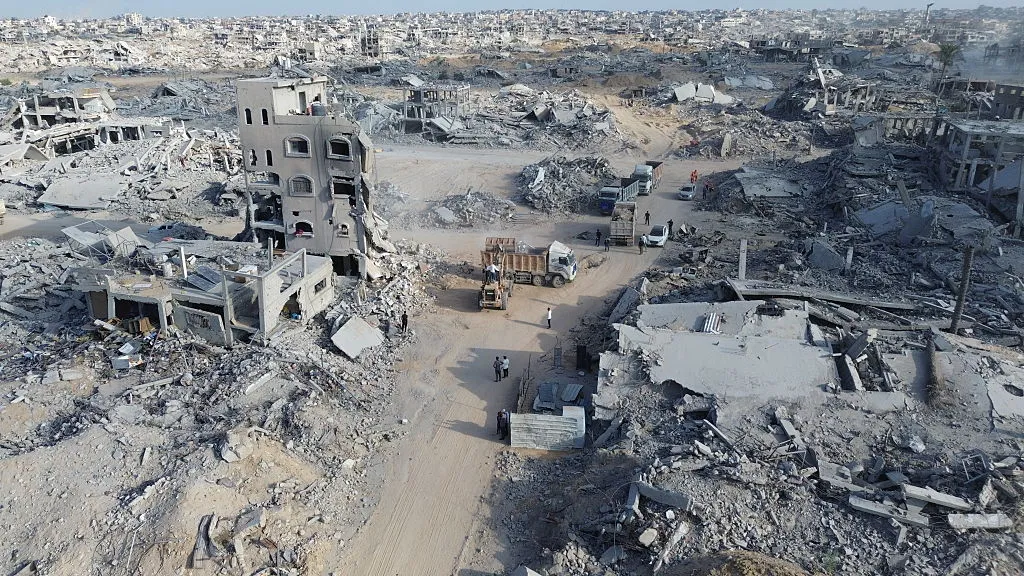Israel Reportedly Briefed Washington Before Strikes
Israeli media have reported that Israel informed the United States before launching its latest round of airstrikes on the Gaza Strip. According to the reports, the Israeli government notified Washington in advance of the attacks, though U.S. officials have so far neither confirmed nor denied the claim.
The revelation comes amid renewed Israeli bombardment across several parts of Gaza. Local sources said that the attacks were carried out under direct orders from Prime Minister Benjamin Netanyahu, targeting multiple densely populated areas.
Heavy Bombing and Civilian Panic
According to regional news outlets, Israeli fighter jets bombed areas near Gaza’s al-Shifa Hospital — one of the largest medical facilities in the enclave. A missile reportedly struck just behind the hospital, causing panic among patients and medical staff who had already been struggling with overcrowded conditions and shortages of essential supplies.
Arab media outlets reported that at least 20 Palestinians were killed and dozens more injured in the latest air raids. Emergency workers are said to be facing difficulties reaching some of the affected areas due to ongoing aerial activity.
Ceasefire Violations and Mounting Casualties
Sources familiar with the situation told reporters that since the ceasefire agreement reached on October 10, Israel has violated the truce at least 125 times. These breaches have resulted in the deaths of 94 Palestinians, with hundreds more wounded.
The ceasefire was formally signed on October 13 in Sharm el-Sheikh, Egypt, under the mediation of the United States, Qatar, Turkey, and Egypt. Despite this, Israeli military operations resumed within days, effectively rendering the agreement meaningless.
Growing Concern Over U.S. Involvement
Political analysts say Israel’s decision to brief the United States in advance of its attacks could indicate that Washington is being kept closely informed — and possibly consulted — on military operations in the region.
Such coordination, experts warn, risks further escalating tensions across the Middle East, where public anger is already high over civilian casualties in Gaza.
They also note that the move could strain U.S. relations with Arab and Muslim-majority countries, many of which have been calling for a lasting ceasefire and a renewed political process to end the violence.
Regional Outlook
As humanitarian agencies continue to warn of worsening conditions in Gaza — where more than two million residents face limited access to water, electricity, and medical care — the latest strikes threaten to deepen an already dire crisis.
With the ceasefire in doubt and communication between the parties faltering, observers fear that renewed large-scale conflict could soon follow, drawing in neighboring states and further destabilizing the region.















